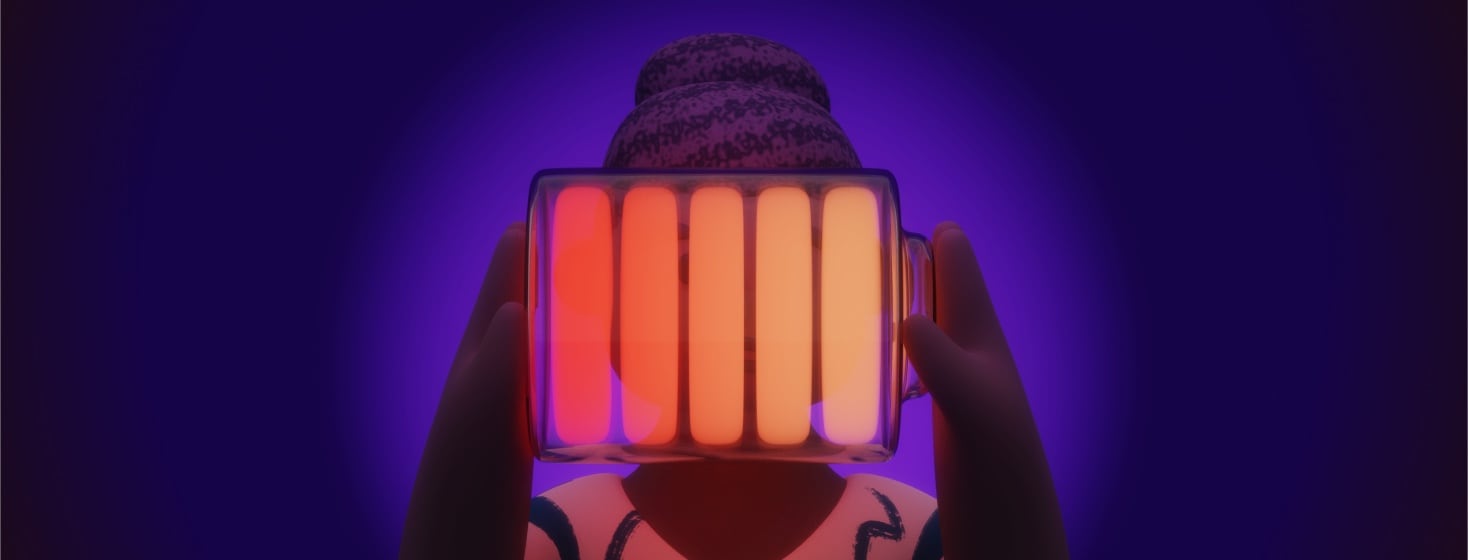UC Fatigue Is Deeper Than "Tired"
Chronic illness fatigue can have you questioning yourself and being unnecessarily harsh when you most need self-compassion.
Fatigue is one of the most common complaints for people with ulcerative colitis, but it's one symptom that I often overlook. Instead of recognizing the fatigue for what it is — a symptom of an illness that I have — I blame myself or my circumstances. Even worse, sometimes I ignore the warning signs of fatigue and keep going full steam ahead as if the fatigue will just go away if I keep working harder and pushing myself.
Fatigue with ulcerative colitis
For the longest time, I didn't know that fatigue could be a part of my UC. My doctors have always focused the majority of our time together on assessing the strictly physical symptoms, like bleeding, urgency, and the number of bowel movements I have per day.
When I had a flare-up, or even when I was in clinical remission, I didn't recognize that my fatigue was anything other than a typical stressed-out graduate student's level of tiredness. When I would talk to other people or tell them, “I'm tired,” I always got a “Me too,” in response. I assumed fatigue was just what responsible adulthood felt like.
Our fatigue is deeper than "tired"
However, as I got more involved in the IBD community, and started talking with others who have ulcerative colitis and Crohn's, I began to realize that our version of tired is different than the typical tiredness everyone experiences now and again.
Our tired is deeper than just needing a quick nap or a coffee before powering through the rest of the workday. I had judged myself (and will admit, I still do sometimes) for years for my fatigue, thinking I wasn't trying hard enough or that I was just lazy.
Comparing my fatigue to others
I finally realized where I was going wrong. It's just not useful to compare my fatigue to someone else's, even another person with IBD. We all manage things differently, no two bodies are alike, and the last thing anyone needs is a competition for who's the most tired.
That's not to say it's not helpful to vent to someone else or talk with someone who understands your experience. However, I've learned that what helps me the most is something far more internal.
Featured Forum
View all responsesRecognizing it as a part of my illness
When I finally started owning my fatigue, recognizing it as a part of my life, a part of my illness, and not something shameful, I began to feel freer from my own self-judgments.
I also felt less obligated to explain or rationalize my fatigue to others. If I needed to leave work early (which I am thankfully able to do) or cancel an occasional meeting, I tried to not beat myself up and instead listen to my body's needs.
Our bodies provide us with so much useful information, but too often we just aren't listening. It's time we start listening — and acting — when our body communicates with us.

Join the conversation